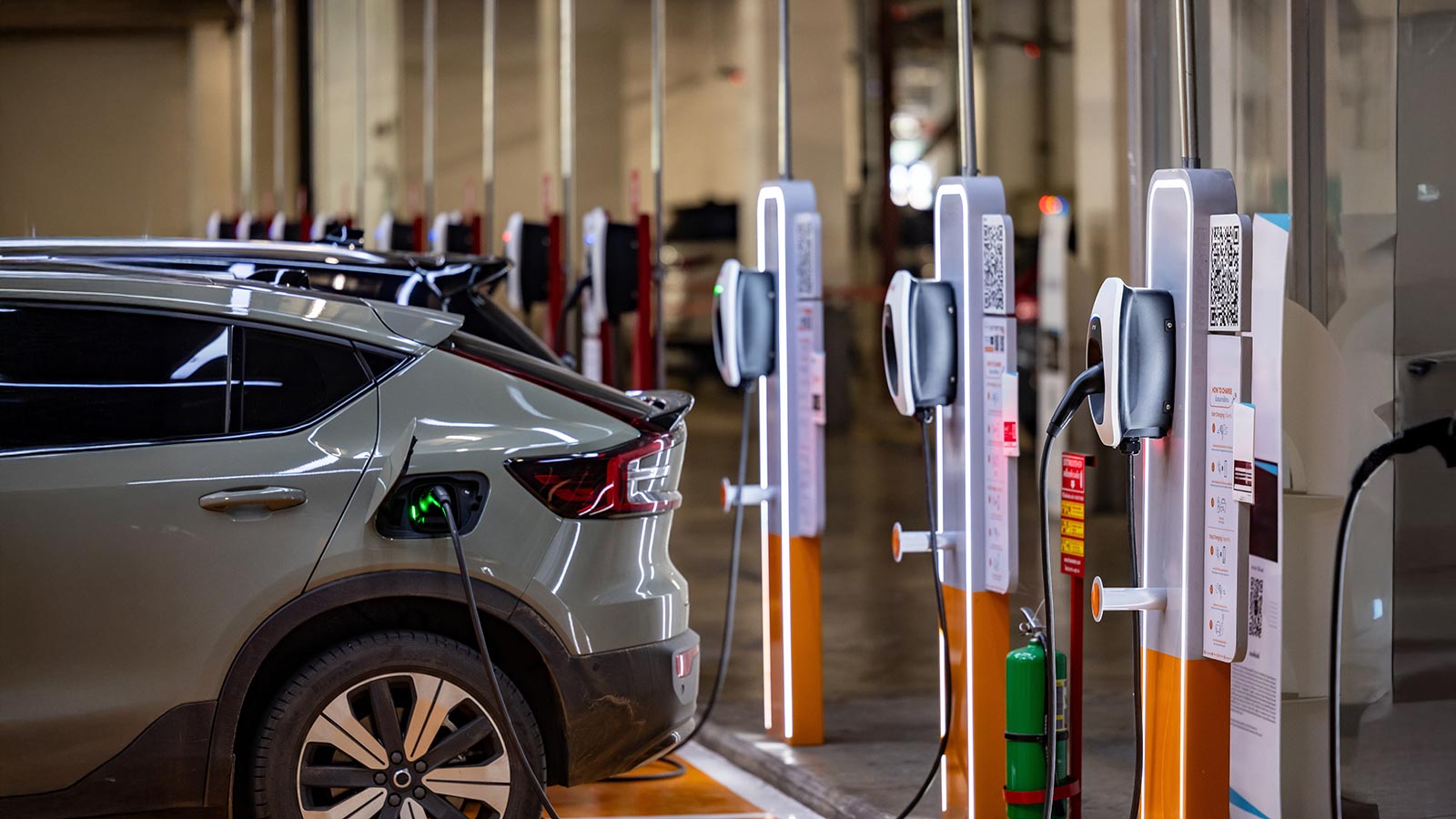Understanding State Tax for EV Charging Stations
Never miss a thing.
Sign up to receive our Tax News Brief newsletter.

State tax treatment of electric vehicle (EV) charging stations is far from uniform across the United States. Many states take widely different approaches, from excise taxes to flat fees, creating a complex system that businesses must untangle to stay compliant.
A Brief Look at the History of Electric Vehicles
Although electric cars may feel like a modern innovation, their history dates back to the 1800s. The first crude electric vehicle appeared around 1832, and by the 1890s, a more practical version was developed in Des Moines, Iowa. Still, widespread adoption didn’t begin until more recently. Today, more than two million EVs are registered in the United States, and as demand grows, so does the need for accessible charging stations.
Tax Complexity Grows with Infrastructure Demand
With an average range of about 250 miles per charge, electric vehicles rely on a network of public and private charging stations to stay operational. But when it comes to taxing electricity, there is no one-size-fits-all solution. Each state approaches the tax treatment of EV charging differently, creating a patchwork of rules and requirements that businesses must navigate.
- Colorado has no state tax regulations related to EV charging stations. Instead, electric vehicle owners pay an annual decal fee in addition to standard registration fees.
- Hawaii treats EV charging services as taxable under the state’s General Excise Tax (GET), applying a 4.5% tax rate plus any applicable county surcharge on the fees charged to EV users.
- Pennsylvania considers the electricity used at EV charging stations as an alternative fuel and is taxed at the retail/user level. Since 2013, electricity has been subject to the state’s alternative fuels tax (AFT), currently set at the rate of .0172/kWh. However, starting January 2025, Pennsylvania exempts most EV owners from the AFT if their vehicles are already subject to the state’s annual alternative fuel vehicle registration fee.
These three examples underscore a broader trend: rather than following a standardized model, states are independently crafting tax frameworks to meet their policy goals and infrastructure needs.
What This Means for Businesses
Whether you’re planning to install charging stations or operate a fleet of electric vehicles, understanding the applicable tax and reporting obligations is critical. Contact Weaver’s motor fuels tax team to determine exactly what licensing, registration and reporting requirements exist for every jurisdiction within your business model.
Authored by Kelly Grace, Christie Smith and Kristine Nguyen
©2025
